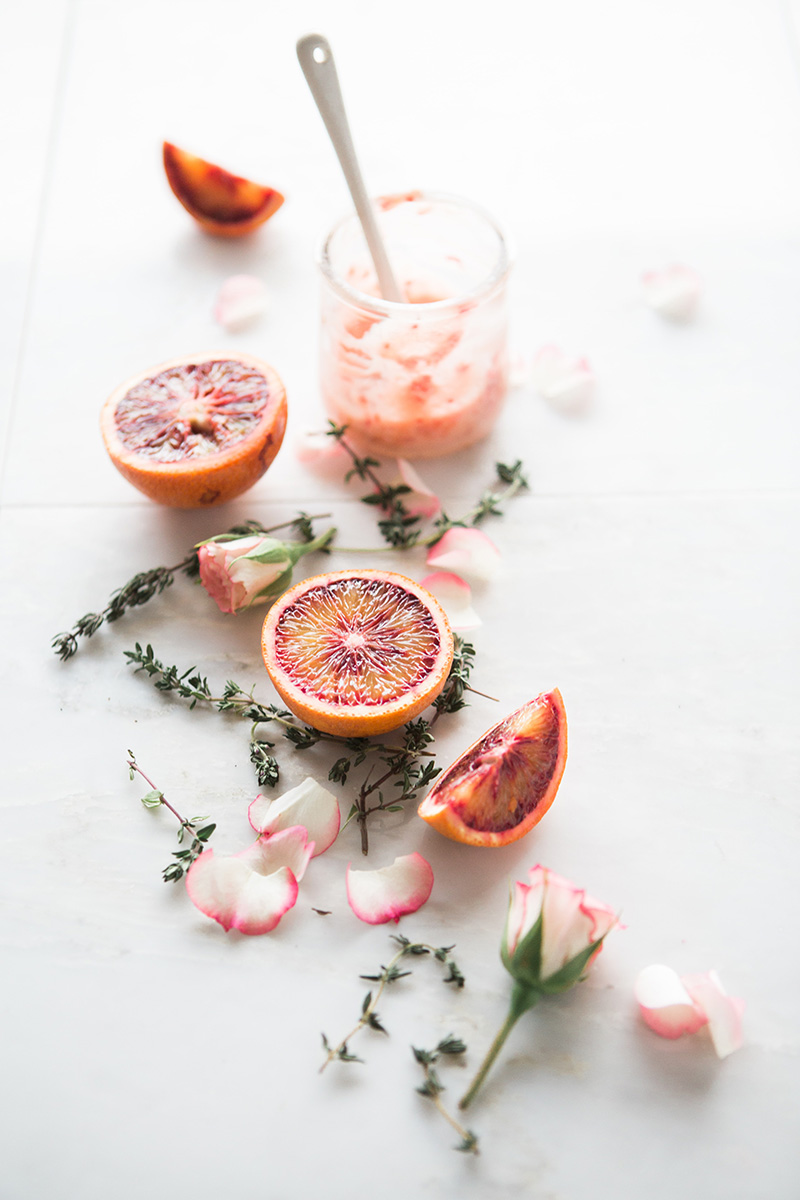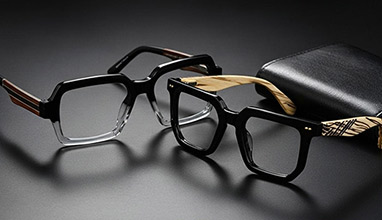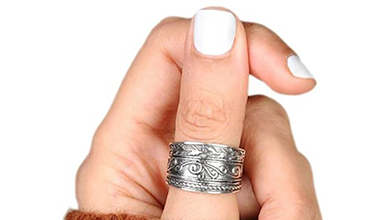What Is Fair Trade Beauty, and Why Does It Matter?
When it comes to choosing beauty products, people have different considerations. Typically, they factor in the ingredients used in producing the cosmetics as these can help consumers determine whether the product will deliver positive results. But these days, many individuals are also looking into the methods an ingredient manufacturer uses. More customers demand that their ingredients are sourced using sustainable practices and that their products fit the standard of what’s considered “fair trade” beauty.

While you may have heard the term fair trade being used in the food and textile industries, it’s caught on in the beauty industry too. The term is used to distinguish products that meet certain ethical standards, as opposed to products that are made using unethical means or whose ingredients are sourced unscrupulously.
If you’re still new to the concept of fair trade beauty, you may wonder what the term actually means. Here’s a briefer on the concept of fair trade beauty and its benefits to both consumers and suppliers.
A Definition for Fair Trade Beauty
In essence, fair trade beauty means that the natural ingredients used in beauty products with fair trade labels are sourced ethically, without the exploitation of the environment and the people involved. The actual concepts of fair trade and markets driven by moral behavior dates as far back as the 1800s, but in the 1980s, an international fair trade certification system was created as a means to shield workers from exploitation. Now, as one of the most prominent sustainable sourcing methods in the world, fair trade demands that workers and farmers are treated ethically, paid a fair wage, and work in decent working conditions. In addition, there must be no child labor involved at any stage of the sourcing and manufacturing process. Suppliers who adhere to fair trade beauty standards also use sustainable practices throughout their procurement and manufacturing processes to reduce negative effects on the environment. Fair trade beauty advocates also make it a point to pay it forward to the communities they source their cosmetics ingredients from.
Why Does It Matter?
By participating in and being an advocate of fair trade, you help support fair and beneficial treatment among farmers, employees, and other workers involved in the sourcing of natural ingredients. This especially applies to continents like Africa, South America, and Asia, where workers don’t often enjoy the labor rights and protection that they deserve.
Supporting fair trade beauty brands also allows you to boost more sustainable business practices. For example, for brands that meet fair trade standards, you have reason to believe that their workers are paid fairly and under ethical working conditions when sourcing ingredients that require labor-intensive extraction methods, such as argan oil and shea butter. These ingredients typically take a long time to process to reach the high standards required by the beauty industry. By supporting fair trade brands, you ensure that workers’ efforts are not for naught and that the sustainable and ethical practices implemented by a beauty brand can continue for years to come.
What’s the Benefit of Fair Trade Beauty for Farmers?
Aside from the workers responsible for processing the beauty ingredients, fair trade also protects the rights of growers and farmers. Due to factors like the changing market demand, crop failures, and weather changes, crop prices often fluctuate. If the price becomes too low, small farmers make almost no profit from their labor and the sale of their products. Under the fair trade model, however, this can be avoided.
When an ingredient has been certified as fair trade, a minimum price can set on it. That means that even if the market demands and other factors affect its price, the crop’s grower is guaranteed at least the minimum amount. Similarly, if the prices for the ingredient go up, the growers get compensated accordingly. In short, farmers are protected from extreme price drops, and they receive more profits from their crops when market conditions are good.
What Ingredients Can Be Certified Fair Trade?
Ideally, all ingredients in beauty products should be certified as fair trade, but only a few of them actually are. That’s mainly because fair trade regulations only apply to naturally grown and harvested ingredients. Given that many cosmetics have mostly chemical-based ingredients, there aren’t a lot of items fair trade organizations can certify. But with more brands offering products made from natural ingredients, fair trade certifiers are slowly looking into the most widely used natural ingredients.
As of this time, the most common natural ingredients used in beauty products that can be certified as fair trade are the following:
- Coconut oil
- Shea butter
- Argan oil
- Olive oil
- Brazil nuts
- Apricots
- Coffee
- Cocoa
- Honey
How to Spot a Fair Trade Beauty Product
When it comes to spotting fair trade beauty products, the first thing you need to look at is the ingredients label. The label should bear the certification of a fair trade organization like Fairtrade UK, Fair Trade USA, B-Corp, and Fair for Life among others.
However, if you don’t see any seal or logo representing fair trade certification, it doesn’t always mean the natural ingredients don’t fall meet the fair trade criterion. In some cases, the producer or retailer of the product does their own checks to find out if the ingredient suppliers pay a fair price, free of exploitation, when sourcing ingredients. The only reason you don’t see a fair trade certificate on the product is that the suppliers have not been verified by third-party certifiers. In these cases, it may be wise to reach out to the producer and ask about how their products are made, as well as how they implement ethical practices within their sourcing chain.
The more you learn about fair trade beauty, the better equipped you are to support this sustainable sourcing model as either a consumer or an entrepreneur. Do your part to uplift a beauty industry founded on sustainable and ethical sourcing practices.
Hits: 4129 | Leave a comment
Tags:fair trade, beauty, cosmetics














